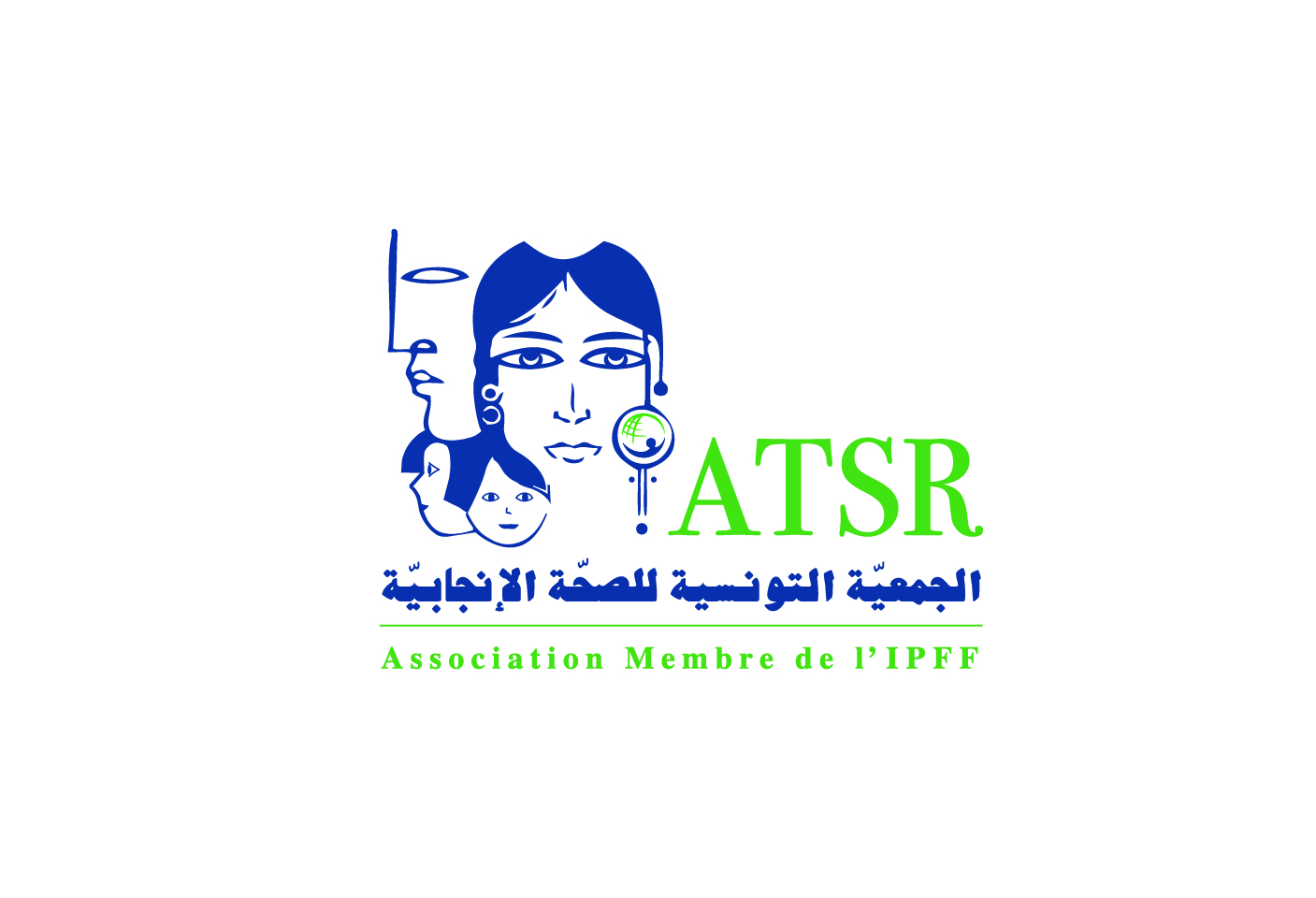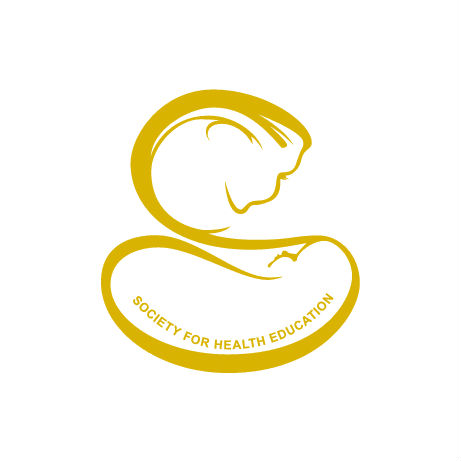

| 31 March 2016
Association Tunisienne de la Santé de la Reproduction
The Tunisian Sexual and Reproductive Health Association (ATSR) was established in 1968 and joined IPPF in 1969. It is government-supported and plays a key partnership role with public health services in Tunisia. It has run a number of government and UNFPA- funded initiatives (such as the Family Health Project, designed to raise awareness of family planning amongst deprived communities). ATSR works together with the National Office for the Family and Population (ONFP) to deliver free sexual and reproductive health and rights (SRHR) services, including family planning and education and communication (IEC) programmes to sensitise peri- urban and rural populations about family planning. Additionally, ATSR is heavily involved in raising awareness about sexually transmitted infections (STIs) and HIV and AIDS, dangerous behaviour, male responsibility, pre-marital medical examination, violence against women, and unsafe abortion. It runs innovative projects for disabled people and for single mothers. The organisation's recommendations feed into the development of Tunisia’s national family planning policy, ATSR has become central to the practical implementation and achievement of government objectives. Contacts Website: http://atsrtn.org/ Facebook: https://www.facebook.com/www.atsrtn.org Twitter: https://twitter.com/ATSRTN

| 31 March 2016
Society for Health Education (SHE) Maldives
The Society for Health Education (SHE) was established in 1988 by 4 women. It adopts an integrated approach to health education and service delivery and its role includes increasing the accessibility of services and using the media for education and communication. The society runs outreach programmes and mobilizes voluntary support to develop projects and to maintain and enhance service provision. SHE conducts selective research to assess and report on emergent health issues (especially the high incidence of thalassaemia). SHE operates a permanent clinic offering family planning services in the Maldive’s capital, Male. From here it runs counselling services, training courses for medical, paramedical and administrative staff, screening, and genetic counselling and research with a view to reducing the number of children born with thalassaemia. In schools, SHE operates a health programme for young people, providing information on population, thalassaemia, early marriage and pregnancy, sexually transmitted infections (STIs) and smoking and drugs. It also produces an extensive range of health education materials including both publications and radio and television programmes. Fundraising and income generation is a high priority for SHE which organizes a number of annual events, such as a Children's Festival and a Thalassaemia Dinner. Website: www.she.org.mv







